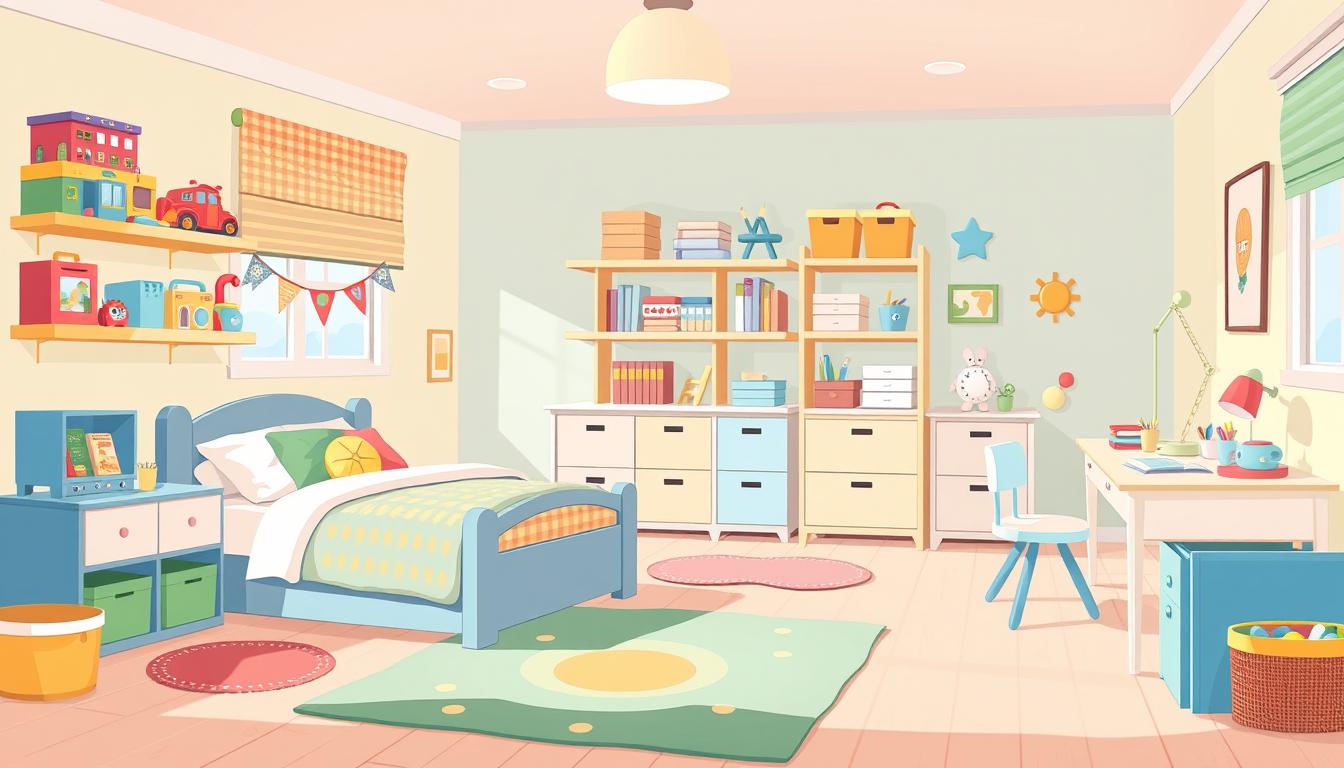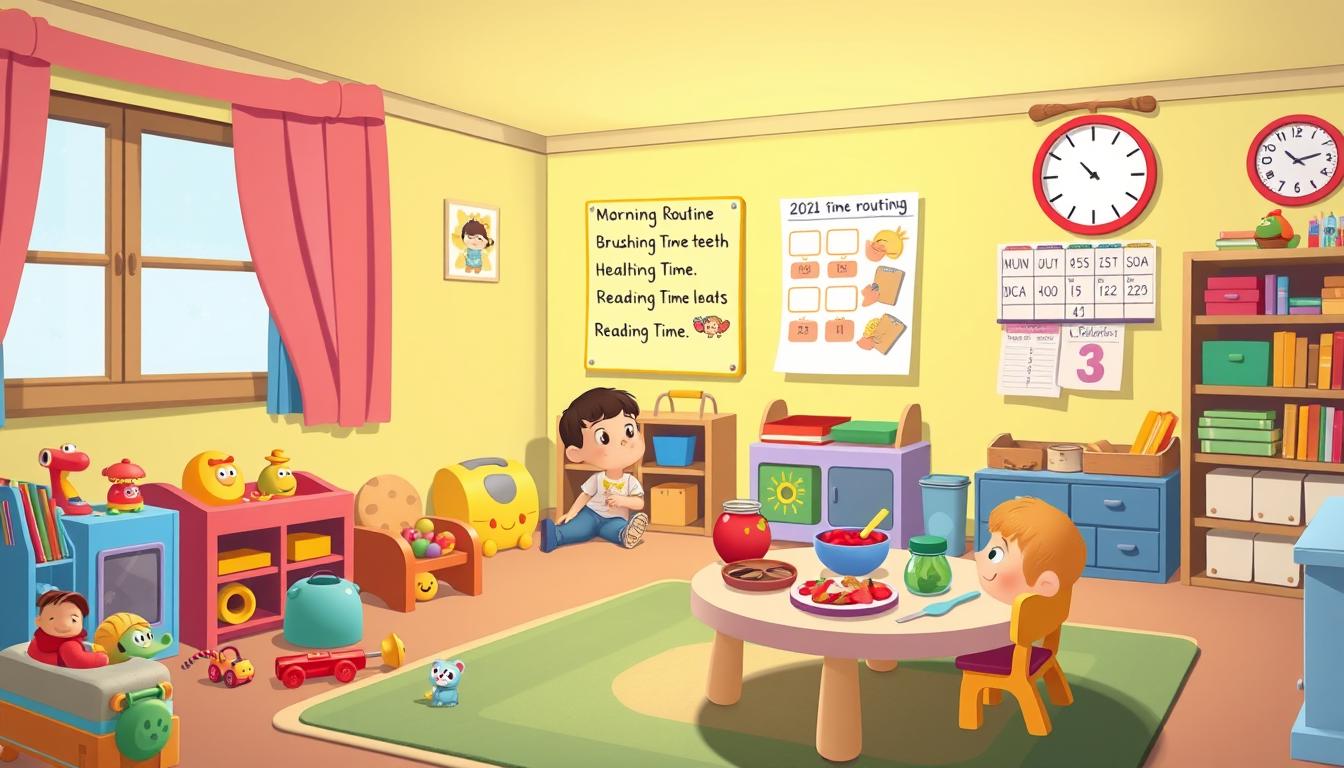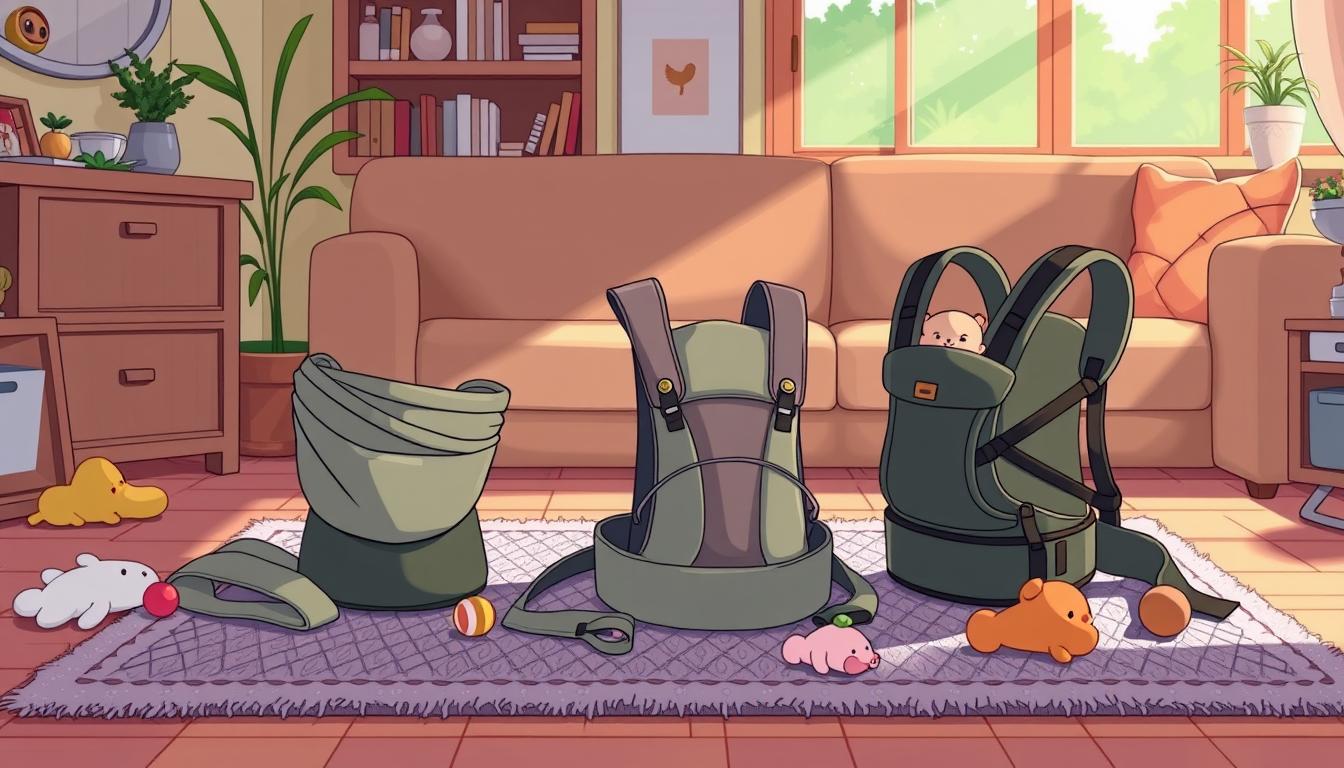When Your Child Says ‘I Hate You’: How to Respond with Love and Calm
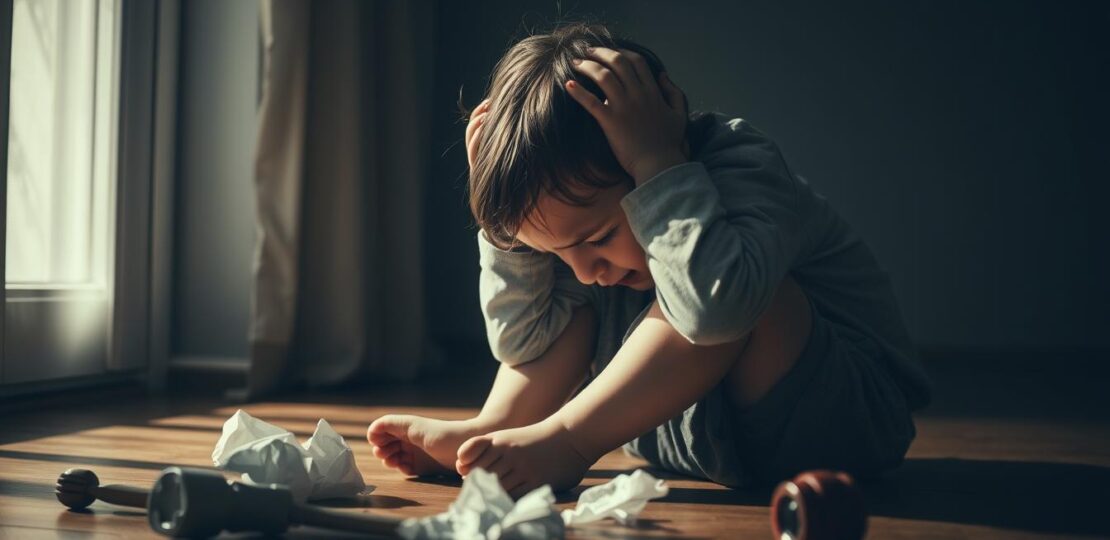
When your child says ‘i hate you!’, it can be tough for parents. It makes them feel hurt and unsure of what to do. Experts say staying calm and understanding why your child is upset is key.
Understanding your child’s behavior is important. It helps you handle the situation better. By talking openly and teaching emotional skills, you can strengthen your bond with your child.
Key Takeaways
- Stay calm and composed when your child says “I hate you” to de-escalate the situation
- Understand the reasons behind your child’s behavior to address the root cause
- Use effective parenting tips to promote healthy communication and emotional intelligence
- Rebuild trust by creating a safe space for open communication
- Focus on strengthening your bond with your child through quality time and activities
- Teach your child valuable life skills, such as emotional intelligence and healthy communication
- Respond in a way that promotes positive child behavior and reinforces a strong parent-child relationship
Understanding Why Children Say “I Hate You”
When kids say “I hate you,” it’s tough for parents. But, it’s key to know it’s often about their feelings, not you. By getting to the root, parents can be more understanding and supportive.
Studies show kids’ brains are growing, and they struggle to show feelings well. This can cause big emotions like anger or sadness. It’s important for parents to be patient and teach kids to handle their feelings.
- Feeling overwhelmed or frustrated
- Not getting what they want
- Being tired or hungry
- Experiencing bullying or social issues
Knowing what triggers these outbursts helps parents. They can teach kids to express feelings in a healthy way. This improves behavior and strengthens the bond between parent and child.
The Emotional Impact on Parents
When a child says “I hate you,” it can be very hard on a parent. It’s normal to feel upset, hurt, or frustrated. Parenting advice tells us to manage these feelings in a healthy way.
This is because how we feel affects how we parent. By understanding our emotions, we can be more calm and supportive to our child. This helps us build stronger, more resilient relationships with them.
- Practicing self-care to maintain emotional balance
- Seeking support from partners, friends, or family members
- Developing healthy communication strategies to address challenging behavior
By taking care of ourselves and seeking help when needed, we can create a positive and nurturing environment for our child. This helps them grow and thrive.
What to Do When Your Child Says ‘I Hate You!’: Responses That Build Trust
When your child says “I hate you,” it’s tough for parents. But, staying calm and responding in a way that builds trust is key. Trust is vital in these moments, creating a safe and supportive space. Talking effectively with kids helps you understand their feelings and respond well.
First, remember that kids often say “I hate you” in anger, not because they really mean it. By staying calm, you can make the situation better. Here are some ways to respond:
Immediate Calming Techniques
- Take a deep breath and count to 10 before responding
- Use a calm and gentle tone of voice
- Avoid taking their words personally and getting defensive
Phrases That Help De-escalate
- “I can see that you’re really upset. Let’s talk about what’s bothering you.”
- “I love you, and I’m here to support you.”
- “Let’s take a break and come back to this conversation when we’re both feeling calmer.”
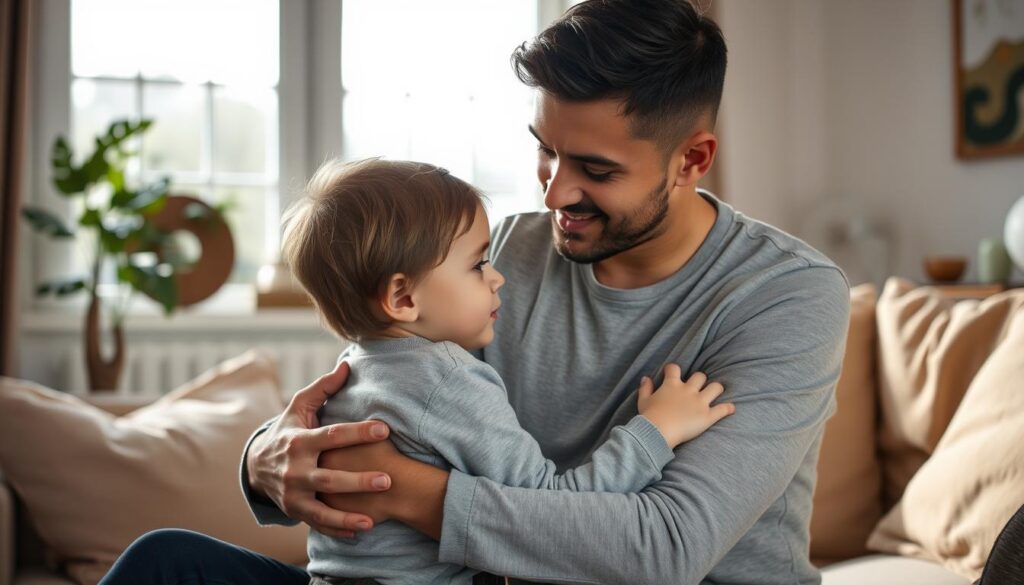
Using these strategies can help create a safe space for your child to express themselves. Remember, responding to “I hate you!” is about being thoughtful and empathetic. Talking well with kids is a journey that needs patience, understanding, and a willingness to listen.
Strengthening Your Parent-Child Bond
Building a strong bond with your child is key for their growth. Spending quality time and effort helps deepen your connection. This bond is vital for facing tough times, like when they say “I hate you.”
Effective communication is the heart of a strong bond. It helps you understand and trust each other more. Parenting advice often highlights the need for quality time to foster a loving relationship.

Ways to Build Open Communication
- Practice active listening by giving your full attention to your child
- Use open-ended questions to encourage your child to share their thoughts and feelings
- Validate your child’s emotions and show empathy
By focusing on quality time and open communication, you can build a strong bond. This bond is essential for overcoming challenges and fostering trust. Remember, every family is unique, so be patient and flexible. By doing so, you’ll create a lasting connection with your child.
Professional Insights on Handling Strong Emotions
Parents often look for expert advice on handling their children’s emotions. Studies on child development and emotional intelligence offer valuable insights. They show how to meet a child’s emotional needs and help them develop emotional intelligence.
Experts suggest using positive parenting to manage tough behavior. This method involves setting clear rules, encouraging open talk, and creating a safe space. It helps children learn important skills like self-control and self-awareness. For example, when a child is upset, a parent can listen carefully to their feelings. This helps calm the situation and builds trust.
- Stay calm and composed, even in difficult situations
- Use positive language and reinforcement to encourage good behavior
- Set clear boundaries and expectations, while also being flexible and understanding
- Encourage open communication and active listening to help children express their emotions and needs
By using these strategies, parents can build a positive relationship with their child. This helps children manage their emotions and develop important life skills. Remember, handling children’s emotions takes patience, understanding, and a willingness to learn. With the right approach, parents can help their child grow emotionally strong.
Creating Long-term Solutions for Emotional Expression
Dealing with your child’s strong emotions is a big challenge. It’s key to work on long-term solutions. Teach them to communicate well, grow their emotional smarts, and set boundaries with care. This way, they can express themselves better and build strong relationships.
Teaching Healthy Communication
Help your child find the right words for their feelings. This is a big step in managing challenging behavior and positive parenting responses. Show them how to listen well, accept their feelings, and teach them to speak up in a respectful way.
Developing Emotional Intelligence
Help your child understand and control their emotions. Talk about feelings, teach them how to handle tough times, and help them see how their actions affect others. This will help them grow emotionally.
Setting Boundaries with Love
It’s important to understand your child’s feelings, but setting clear rules is also key. Talk to them about what’s expected with kindness, and always remind them to respect others and themselves. Setting boundaries with love helps your child feel safe and supported.
FAQ
What should I do when my child says "I hate you"?
Why do children say "I hate you" to their parents?
How does it affect parents when their child says "I hate you"?
What are some effective ways to rebuild trust after a child says "I hate you"?
How can parents help their child develop healthier ways to express strong emotions?
When should parents seek professional help for their child’s emotional outbursts?
RELATED POSTS
View all
